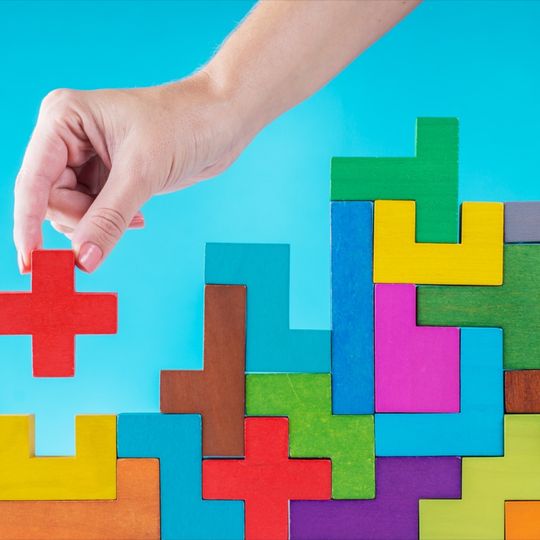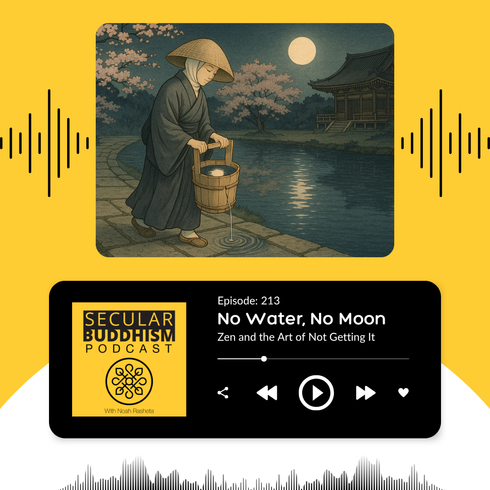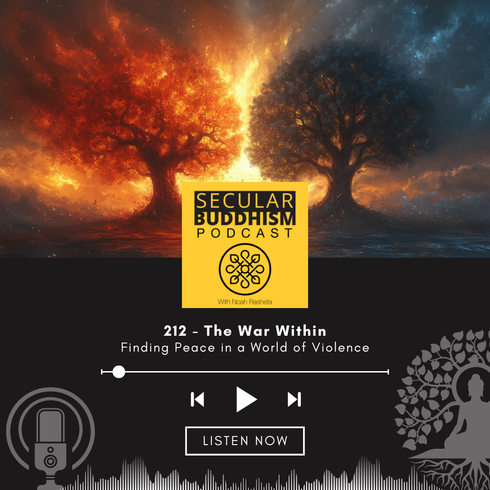
Beyond Chess: Why Life is More Like a Game of Tetris
When it comes to the game of life, we often approach it as we would a game of chess—strategic, planned, and with every move carrying a significant weight of consequences. But the wisdom of Tetris, a game so many of us played growing up, presents a beautiful, alternative perspective. Through the lens of this digital game, we can explore profound teachings that resonate deeply with Buddhist philosophy, modern psychology, and even insights from neuroscience.
The Neuroscience of Acceptance and Flow
Research has continuously shown that our brains thrive in a state of flow—a perfect balance between challenge and skill. In Tetris, as the blocks fall faster and the game gets more challenging, players get into a rhythm. They stop overthinking and start reacting, trusting their instincts. Modern psychology echoes this, suggesting that when we are too focused on controlling outcomes, our cognitive flexibility diminishes.
This state of flow is more than just a psychological concept. Neurologically, being in the flow decreases the activity in our prefrontal cortex, the very area responsible for self-consciousness, and over-analysis. Embracing life as a game of Tetris might mean tapping into this neurological state more often, moving from a place of reaction to one of trust and instinct.
Buddhist Wisdom Through Tetris
The principles laid out in the game of Tetris echo many of the teachings of Buddhism:
- Impermanence: Just as blocks in Tetris keep changing and can't be held onto, everything in life is transient. Holding onto things, experiences, or outcomes causes suffering.
- Adaptability: Buddhism teaches us the importance of the Middle Way—not being too rigid and not being too lax. This balance is akin to moving and rotating blocks, ensuring they fit just right.
- Embracing Imperfections: Mistakes in Tetris don't mean the end of the game. Every new block gives an opportunity to fix past errors. Life, too, is forgiving in many ways, allowing us to learn and grow.
- Releasing Attachments: The game's goal isn't to win but to keep playing. This resonates deeply with the Buddhist teaching of non-attachment, reminding us to enjoy the journey rather than fixate on an elusive end goal.
Finding Presence Amidst the Falling Blocks
It's fascinating that a game, seemingly so simple, can offer such rich insights into the human experience. Whether you're a practitioner of Buddhism, a lover of neuroscience, or someone curious about the tapestry of life, seeing life as a game of Tetris is a gentle reminder to be present.
We are all on unique journeys, navigating the game board of life. While strategy and planning have their place, there's immense beauty in embracing unpredictability, in reveling in the dance of the unexpected. Let's find joy in each falling block, celebrating every cleared line, and always remembering that life is less about the endpoint and more about the music, the movement, and the magic of the present moment.
Keep playing, keep flowing, and cherish the game of life. 🕹️🧠🌸
Curious about Tetris? You can play it online for free. Take a quick break and give it a try.



